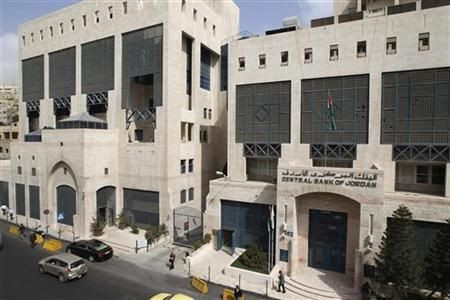Arab World Needs Investment, Jobs, Better Governance: WEF

The popular uprisings sweeping the Arab world this year have slowed economies across the region, and now jobs, better governance, and investment are needed, speakers at the World Economic Forum in Jordan said on Saturday.
Jordanian King Abdullah said at the opening of the forum on unemployment, economic stagnation, and other problems -- some of which sparked the uprisings across the Middle East and northern Africa -- that the region needs to create 85 million jobs soon.
This year's events have opened the way to positive change, but, in many places, also created painful economic dislocations. Strategies are urgently needed, and they must take place across the board -- in economic life, in politics and policies, in social life and cultural values, he said.
In Yemen, for example, where two in three people survive on less than $2 per day, 40 percent of the population suffer from illiteracy and high unemployment.
The biggest challenge facing the Arab world is better governance and investing in education that allows us to compete and raise living standards, said Mohammed al-Shaya, chairman of the Kuwaiti al-Shaya group.
The International Monetary Fund (IMF) recently said the uprisings have cost the most affected countries more than $55 billion, but the resulting high oil prices have strengthened other producing countries.
The IMF said countries that had seen the bloodiest confrontations -- Libya and Syria -- were bearing the economic brunt, followed by Egypt, Tunisia, Bahrain, and Yemen.
In the short term, it is like major surgery and then recuperation, but in the long term it will lead to stability and it will make the region attractive to investors, Ismail Tahboub, CEO of the Jordan Dubai capital investment firm, told Reuters.
The unrest has badly damaged tourism and foreign investment in the Middle East, undermining economic growth.
But investors said the region would eventually prosper.
We are witnessing a period of transition, but it is mainly positive, said Danny E.Sebright, president of the US-UAE Business Council.
Anytime you have a reform movement looking for transparency and openness, the outcome will be positive at the end of the day, Sebright told Reuters on the sidelines of the conference.
In Egypt, nine months of turmoil has knocked some 4.2 percent off gross domestic product, with public expenditures rising to $5.5 billion as public revenues fell by $75 million.
The impact of unrest is hard to ascertain in Syria, but the IMF report suggested a total cost to the Syrian economy of some $6 billion or 4.5 percent of GDP.
Tunisia has lost some $2.0 billion from its GDP, roughly 5.2 percent, and the government has increased expenditures, pushing its fiscal balance into the red.
In the long term, the Arab spring is good, but in the short and medium term its effect is very negative, said Iman Bibars, head of the Cairo-based Association for the Development and Enhancement of Women, citing record-high unemployment as well as inflation.
Democracy takes time.
(Writing by Mariam Karouny)
© Copyright Thomson Reuters {{Year}}. All rights reserved.





















